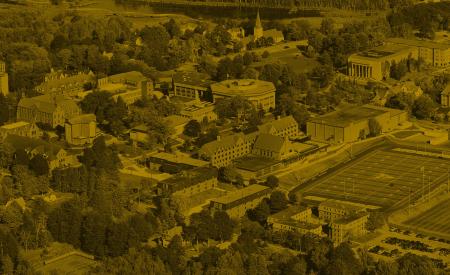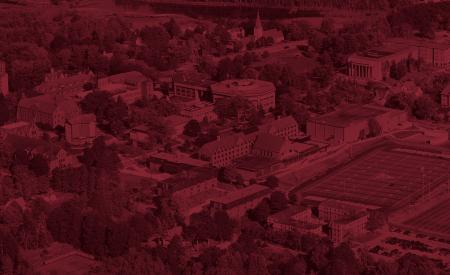Bridging cultures
Third-year modern languages and literatures (MLL) student Claire Armstrong had the opportunity to travel to Japan earlier this year as part of the Kakehashi Project.
Derived from the Japanese word for “bridge,” the Kakehashi Project aims to cultivate lasting intercultural connections through global exchanges. It is facilitated and funded by Japan’s Ministry of Foreign Affairs.
Armstrong was nominated by lecturer Akiko Yoshizawa after participating in the Atlantic Canada Japanese Contest (ACJSC) last March.
“I’ve always been a really shy person, so public speaking never really appealed to me, but my professor, Akiko Yoshizawa, really pushed me to do it and with her support, that anxiety turned into adrenalin,” says Armstrong. “I saw it as an opportunity to improve my Japanese outside the classroom and it was a really good experience.”
She was one of 10 Canadian students selected to participate in the trip, which is open by invitation only.
“I was honoured that my professor chose me and I couldn’t believe that I was offered this opportunity,” says Armstrong.

In January, she travelled to Japan for an eight-day trip with a group of 30 students from across North America. Participants were offered a comprehensive introduction to Japanese culture, customs, and society with visits to significant historic and cultural sites and a tour of the Prime Minister’s office.
“Everything was so well organized and we visited places that you wouldn't be able to visit unless you were with them,” says Armstrong.
After a few days in Tokyo, the group travelled by Shinkansen to a small mountain village, where they were treated to local delicacies and had the opportunity to stay with a Japanese family, immersing themselves in the local way of life.
“I've loved Japanese culture, history, art, and language since I was young, so it was an amazing opportunity for me,” she says.
Armstrong is now considering teaching English in Japan after graduation and hopes to land a job in a small town where she can fully embrace local traditions and culture.

In addition to Japanese, Armstrong is studying French and German as part of her MLL degree. She has also self-studied Korean and learned some Mandarin in high school. Despite having studied Japanese for only two years, she says that the small class sizes at 91·đŇŻ have accelerated her learning.
“A lot of the other participants were from larger universities with either a big Japanese or East Asian Studies department, so it was nerve wracking for me being from a small university,” she says. “But having close relationships with my professors and being in such small classrooms really made my two years of learning feel more advanced compared to what you would get in a bigger classroom.”
While in Japan, Armstrong actively sought out opportunities to improve her language skills by engaging in conversation with locals.
“My goal was to speak as much Japanese as possible because it isn’t my best language, so I really wanted to improve,” she says. “But [the organizers] made that very easy because if I needed help, they would be right there to help us.”
Armstrong, who is originally from Moncton, NB, also appreciated the opportunity to share her home province’s culture with others during the trip.
“When people [abroad] think of Canada, they often think of big cities. We’re such a small part of the big picture. But I feel like our culture, especially our bilingual culture, is really unique,” she says. “It was really nice to be able to share more about New Brunswick.”



